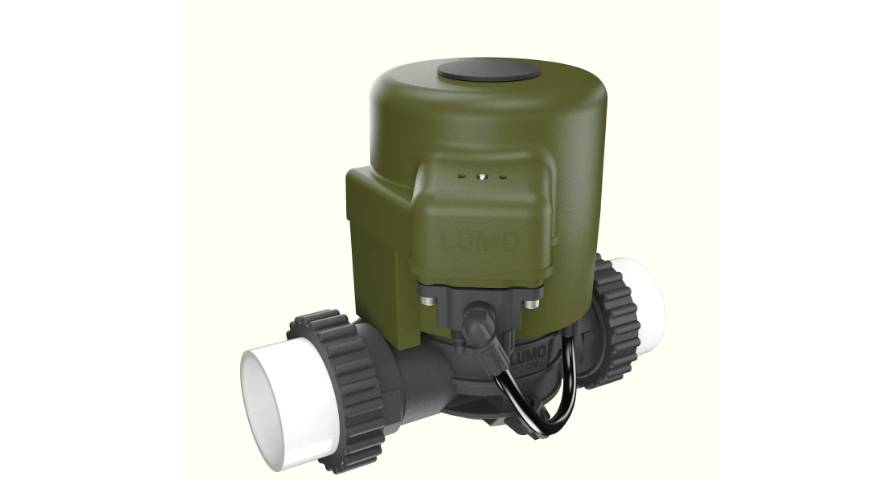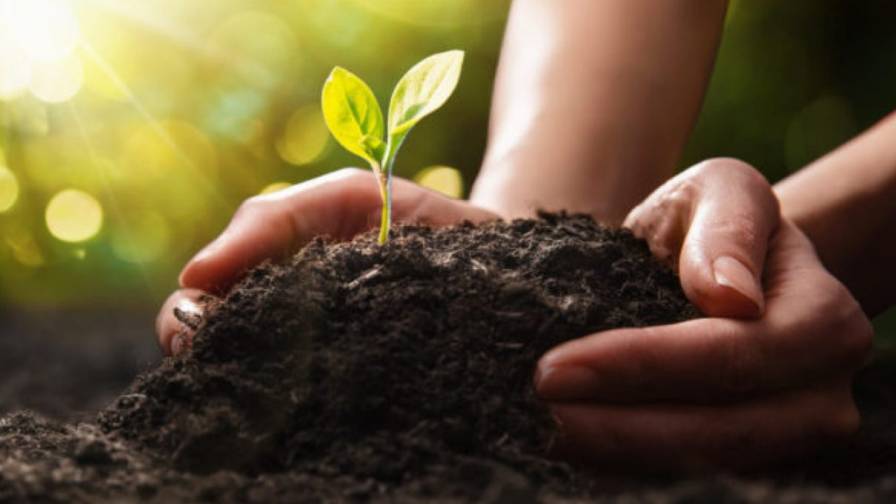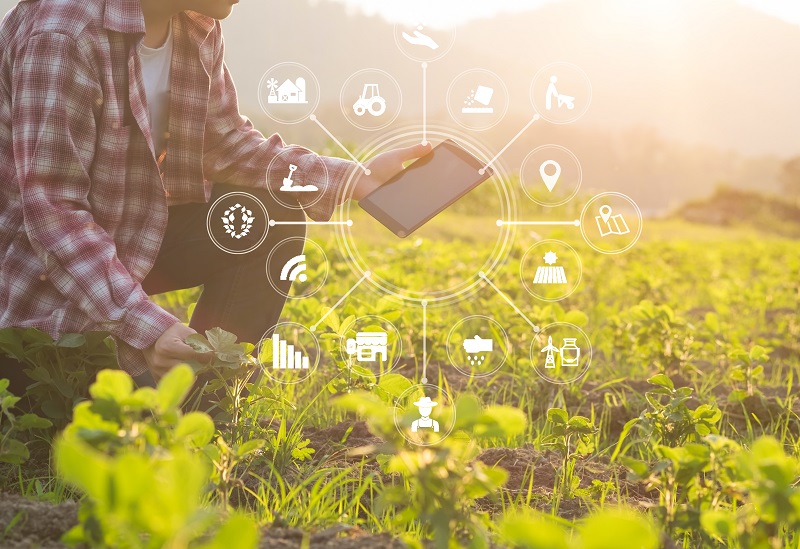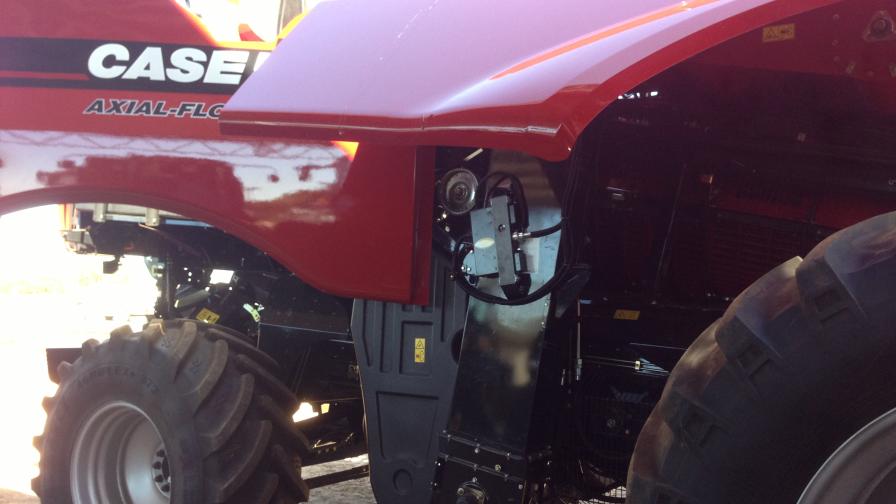Agri-tech Market Contraction Drives Shift to Resilience, Sustainability and Tech Integration
Venture capital investment experienced a significant contraction in 2023, as global business underwent a period of turbulence. According to PitchBook data, the agri-tech sector followed this pattern, with investments decreasing from $11.8 billion in 2022 to $7.1 billion last year, a reduction of 40%. Indoor farming was one area where this fall was particularly severe, falling from $2 billion to under $500 million.
The early signs show that the market contraction has sown the seeds for robust M&A activity in 2024. In reaction to the downward trend, startups have been forced to create more sustainable business models. On top of this, tech companies are new entrants to the market, enticed by the critical role of data in agriculture and the need to transform the industry in response to growing environmental concerns.
According to Ali Al Suhail, Vice President at DAI Magister, the stark devaluation of agri-tech firms means that both venture-backed and early-stage startups will continue to suffer in 2024. As alternative routes to growth, these firms must shift their focus to seeking new partnerships or attracting acquisitions.
Al Suhail said: “In order to attract the right buyer, agri-tech firms need to consolidate their messaging to crystalize the distinct challenges and opportunities within the sector. Precision farming firms, for example, could emphasize technological synergies to attract tech buyers. Other firms within the sector might focus on a different set of buyers. Looking at fintech solutions for farmers, those firms will need to draw in investors by showcasing fund management capabilities.
“Ultimately, agri-tech is a market intrinsically linked to farmers’ economics and the regulatory environment. It is also a sector heavily impacted by forces of the natural world. If there are supply shortages or volatile changes to commodity prices, market confidence can vary hugely. To bring in new investment, it’s therefore a question of educating the wider market about the challenges of the sector and how new and innovative solutions will drive the industry forward.
“In the first quarter of this year, we’ve seen some interesting new acquirers entering the market. Where historically farmers’ limited adoption of agri-tech solutions had dampened their ROI and data standardization, a recent shift has signaled a broader embrace of tech applications driven by a regulatory focus on climate and farmer efforts to optimize yield.
“A strong example of a new entrant is tech giant Microsoft, which partnered with Bayer to create data solutions for the agriculture industry. In a similar vein, Google recently launched Mineral.ai, a tool that utilizes AI and machine learning to unlock sustainable methods of farming. In early 2023, Google claimed it has already analyzed 10% of the world’s farmland, and we expect them to continue making significant progress throughout this year.
“Finally, AWS partnered with Leaf, making Leaf’s Unified Farm Data API available on the AWS Marketplace. These launches and partnerships signal a period of transformation for agri-tech, with new market entrants driving tech adoption.”
Al Suhail concluded: “The entry of tech giants may help break the agri-tech M&A valuation ceiling, which has seen only a dozen companies surpass the $250 million mark over the last decade. This could unlock fundraising opportunities for growth-stage players in the sector, who have faced doubts from investors on their ability to cross the $250 million valuation mark.”









